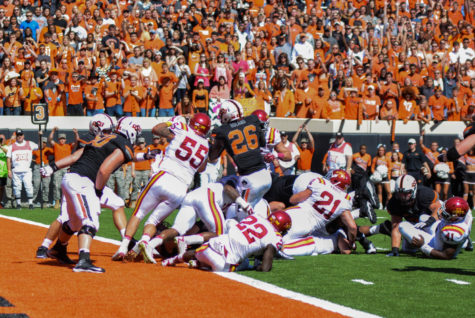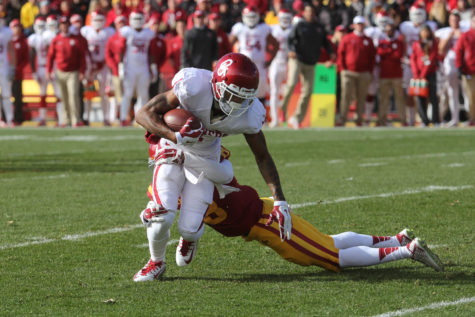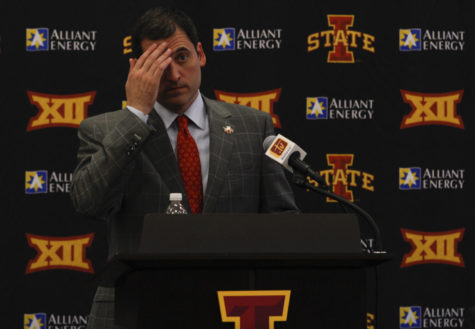McGarvey: DCT Coexistence of Faith and Science
December 2, 2014
Religion and Science are not opposites. In fact, most of the time they are attempting to answer the same questions in a slightly different manner.
It was October 27th when Pope Francis announced his belief in the theory of evolution to be founded upon biblical grounds. To his audience, it could’ve sounded completely absurd. Religious men and men of science have been at a near battle for generations. It dates all the way back to Galileo being forced to renounce his findings to the public, claiming he was wrong and the Earth was still the center of the universe.
Science, however, has given us a bigger explanation for the world around us. Galileo and Copernicus explored the workings of our solar system and gave us a better understanding of the universe. Science helped our society through a time of religious conflict in the modern Europe era. Martin Luther’s theses altered the way people saw the church. Suddenly people were thinking for themselves and doubt of religious order crept into society.
When the Bible began to be questioned, people looked to find other explanations into the order of nature. Francis Bacon and Rene Descartes, two religious men, saw science as something that could help answer nature’s questions.
Science and Religion comes from the same mold. Humans are attempting to satisfy their curiosity by whatever means necessary. If that means creating experiments to help discover the true age of the Earth, geology is a good start. If one is attempting to look back and find similarities between humans and monkeys, biology, anatomy, and genetics are all satisfactory. But, if one is attempting to legitimize the Bible, there are no experiments to prove faith.
Our world has turned into a society that relies totally on facts – something known to be true by actual experience or observation. This would seem to be the opposite of faith – a belief in God or something not based on proof.
Throughout history authority has been questioned. Luther’s theses brought self-examination to the forefront of religion which shook the very core of the church. Now, papal authority has been brought to the controversial frontlines again with Pope Francis’ comments on evolution. It’s not that evolution and creationism are enemies; it’s that they are two pieces in the big elaborate puzzle.
It is very possible God created man through an evolutionary process. But it is a fact that we will never know how the world was truly created. According to James Le Fanu, physician and author of “Why Us?” science has stripped the world of wonder and only allow miracles to be a new kind of experiment.
Any true scientist knows that nothing can be comopetely be proven beyond a shadow of a doubt. Da Vinci, Descartes, and Isaac Newton were all heavily religious and they used science to gain more information, not to alter the views of others.
I’m not saying God created the world as we know it in a week. He very well could have created man and other things through evolutionary processes, but it is ultimately his design. We cannot prove, experience, or objectify everything. We must acknowledge the possibility of a greater power involved in the world we live in.















